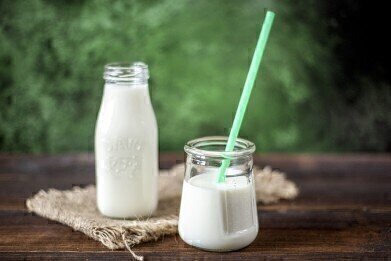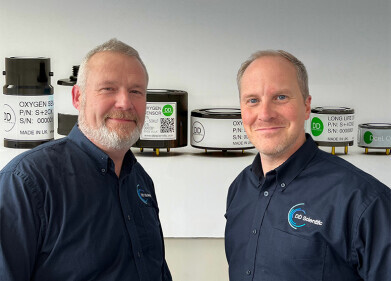Business News
How Retro Items Could Reduce Plastic Waste
Sep 25 2019
Plastic pollution - especially that caused by dangerous microplastics - is a problem that afflicts land, air and water, contaminating all three and compromising their natural state. With a swelling world population and the ubiquity of plastic in every facet of modern life, tackling its waste has occupied the scientific community over the last few decades. But while ingenious solutions like combining forensic science and artificial intelligence may be one sophisticated method of alleviating the problem, there may be a simpler way.
Retro products have never been more a la mode, and with environmentalism and climate change an increasingly hot topic in mainstream media and among consumers, there’s plenty of room for generous overlap of these two areas. Here are five ways in which going back to basics could be beneficial for the planet by reducing our production of plastic waste.
-
Bars of soap
In the 1990s, plastic dispensers of liquid handwash enjoyed a surge in widespread popularity, largely because they were convenient and easy to use. Soap bars, which had been the norm up until that point, were considered as potentially unhygienic, despite doctors claiming that they were every bit as safe as their liquid counterparts. But given the fact that dispensers are generally single-use items which contain a lot of plastic, the old-fashioned bar of soap may be making a comeback.
-
Food packaging
Plastic packaging is ubiquitous everywhere you look in the food aisles at the supermarket, from biscuits and sweets to crisps and snacks. Certain companies, such as KitKat, for example, are looking to clean up their act in this regard by substituting the plastic in their packaging for paper, which decomposes far more quickly. What’s more, KitKat are also catering to their Japanese market by encouraging customers to use the packaging for origami after eating the chocolate. Ingenious!
-
Milk bottles
A daily delivery of glass milk bottles direct to your front doorstep was commonplace all over the UK until around 25 years ago. The rise of the supermarket, alongside growing popularity of plastic bottles of milk, meant that the humble milkman fell by the wayside, though the practice is enjoying something of a resurgence in recent years. That’s because the bottles can be reused, are conveniently delivered to your home and are more environmentally-friendly than recycling the plastic each time.
-
Paper bags
Paper bags still enjoy popularity in the USA, but there was a time not too long ago when loading up groceries in these was standard practice in Britain, as well. While plastic bags overtook them and became the receptacle of choice in shops and supermarkets across the country around 30 years ago, recent concerns about the sustainability of single-use plastics like these has meant that many people are going back to paper. Although it’s far less durable than plastic, it biodegrades in the environment much more easily.
-
Plastic-free homes
Every appliance in our home is guaranteed to contain some element of plastic in its makeup, but did you know that plastic is heavily used in the construction of houses themselves? One enterprising housing association are hoping to reverse that trend. Based in the West Midlands, Accord Housing aim to become the first in Britain to build entire houses that are 100% free from plastic.
Digital Edition
IET 34.2 March 2024
April 2024
Gas Detection - Biogas batch fermentation system for laboratory use with automatic gas analysis in real time Water/Wastewater - Upcycling sensors for sustainable nature management - Prist...
View all digital editions
Events
Apr 22 2024 Hannover, Germany
Apr 22 2024 Marrakech, Morroco
Apr 23 2024 Kuala Lumpur, Malaysia
Apr 23 2024 Kintex, South Korea
Apr 23 2024 Edmonton, AB, Canada



















